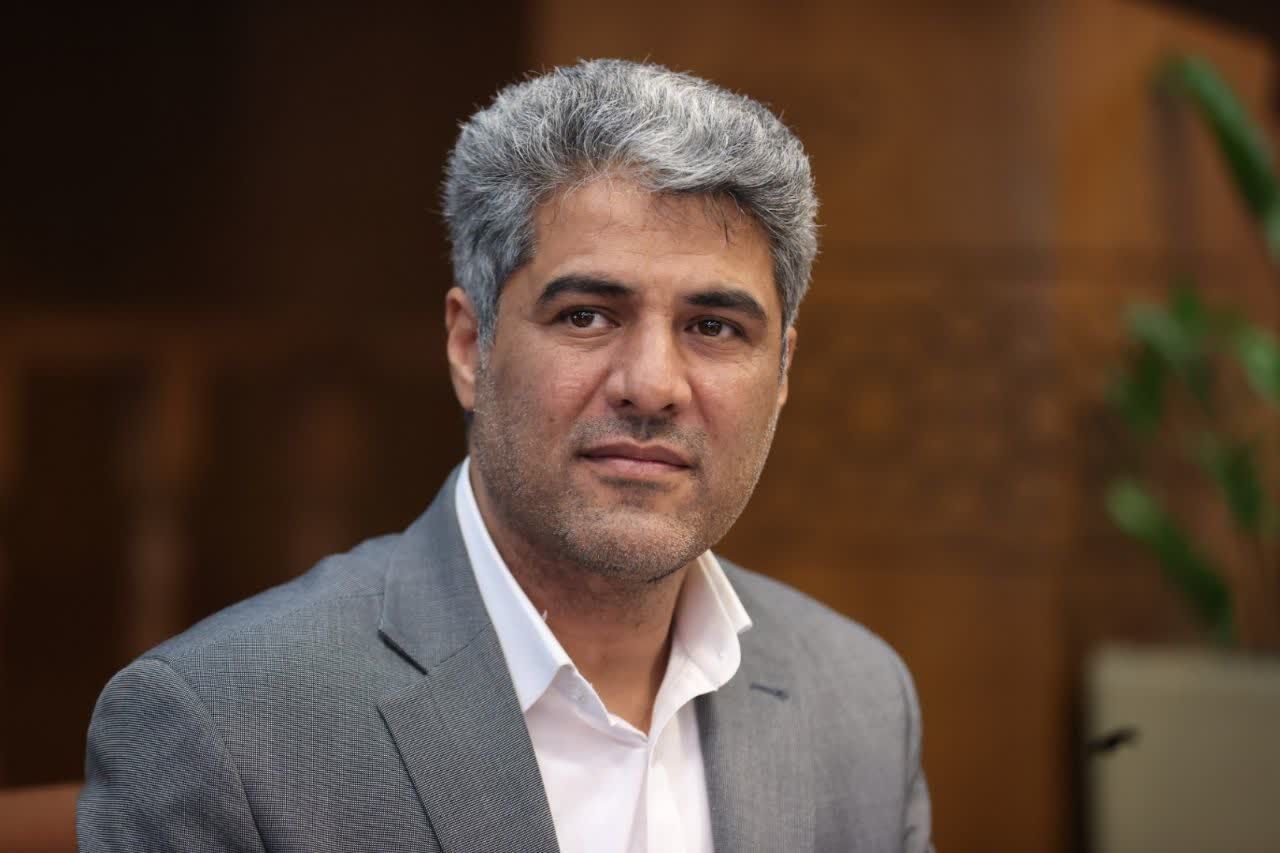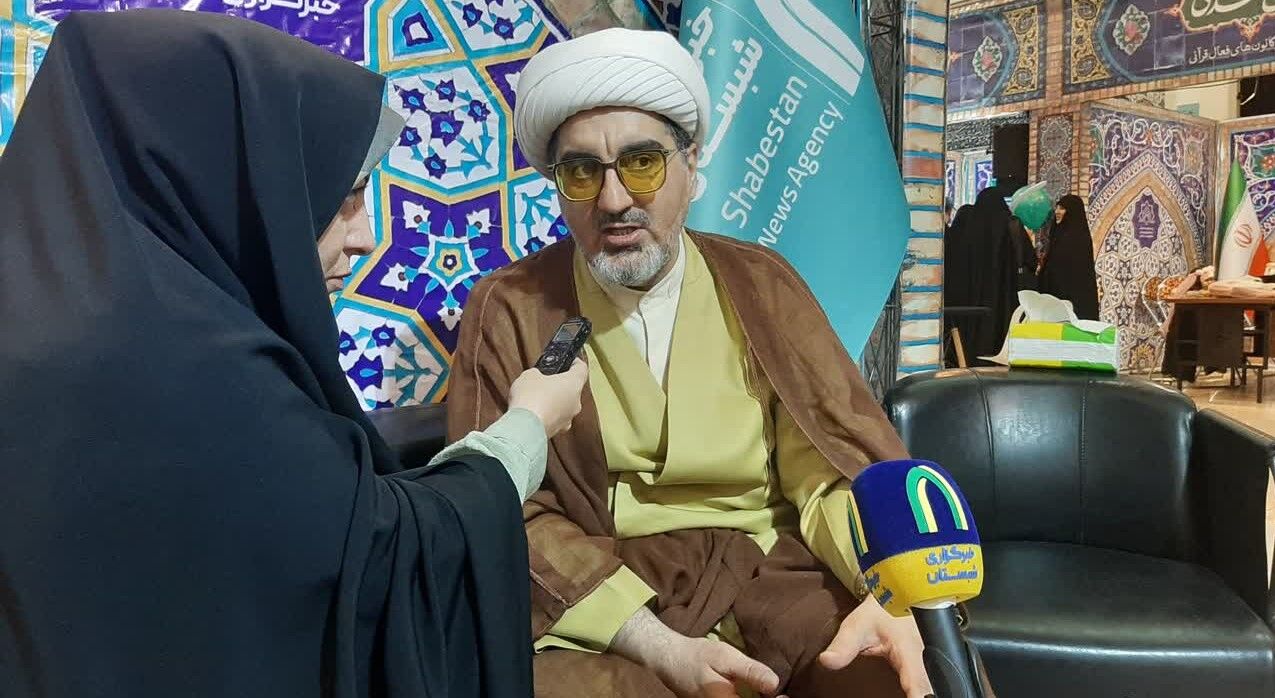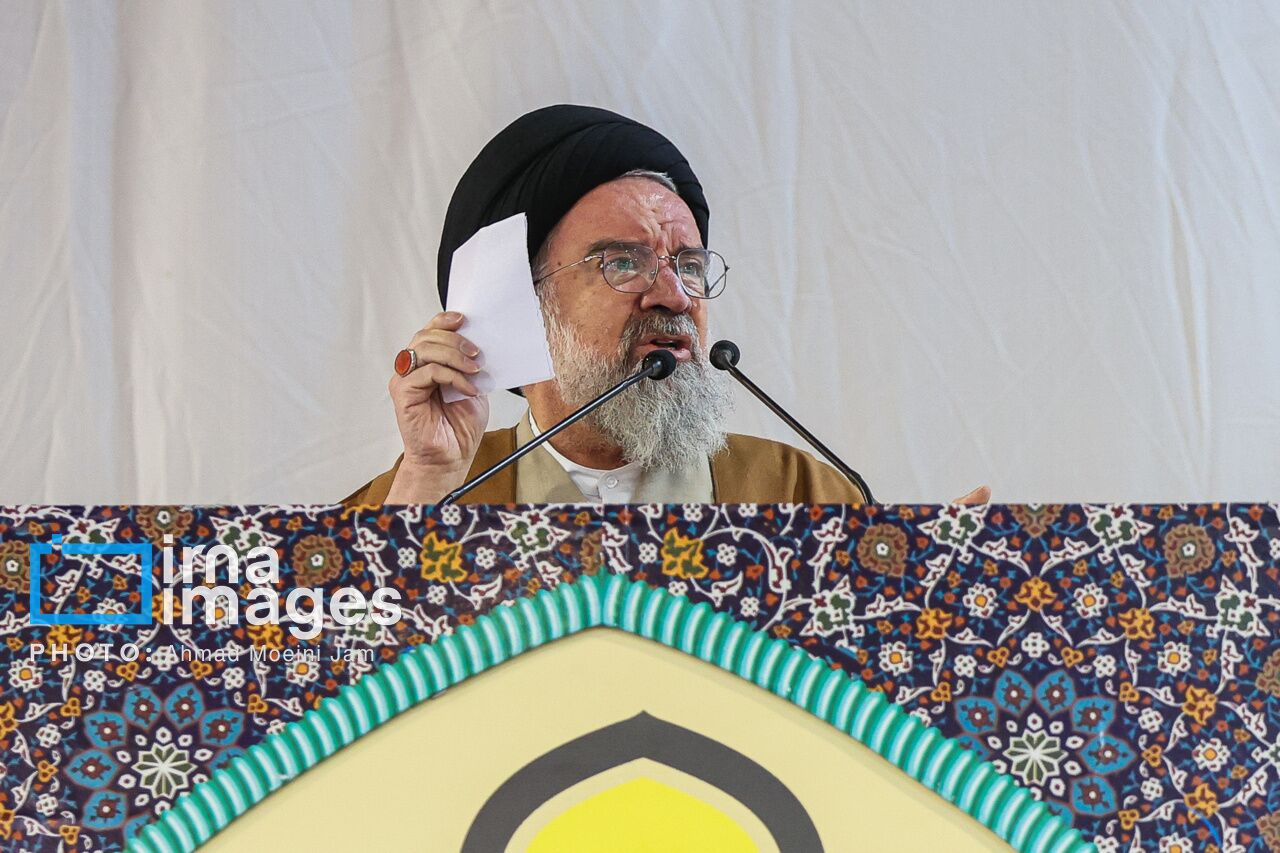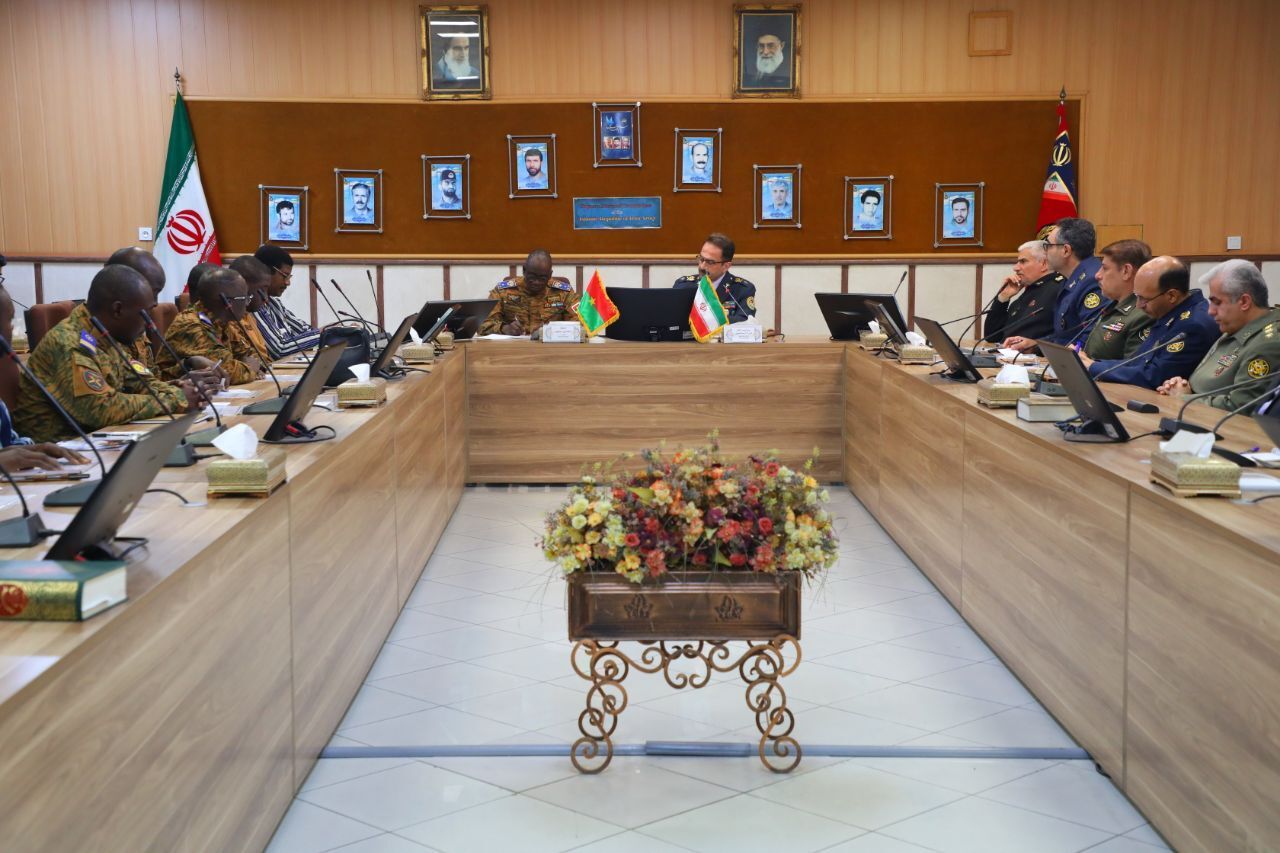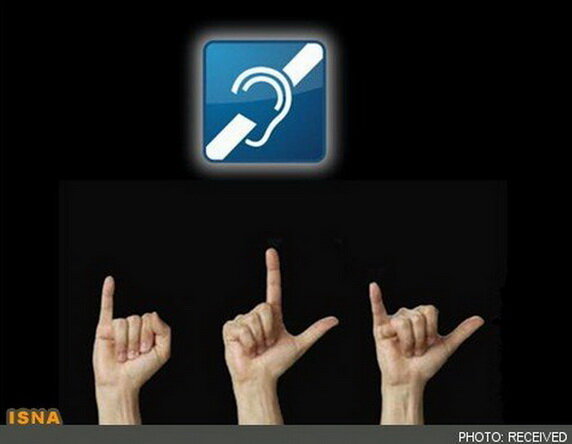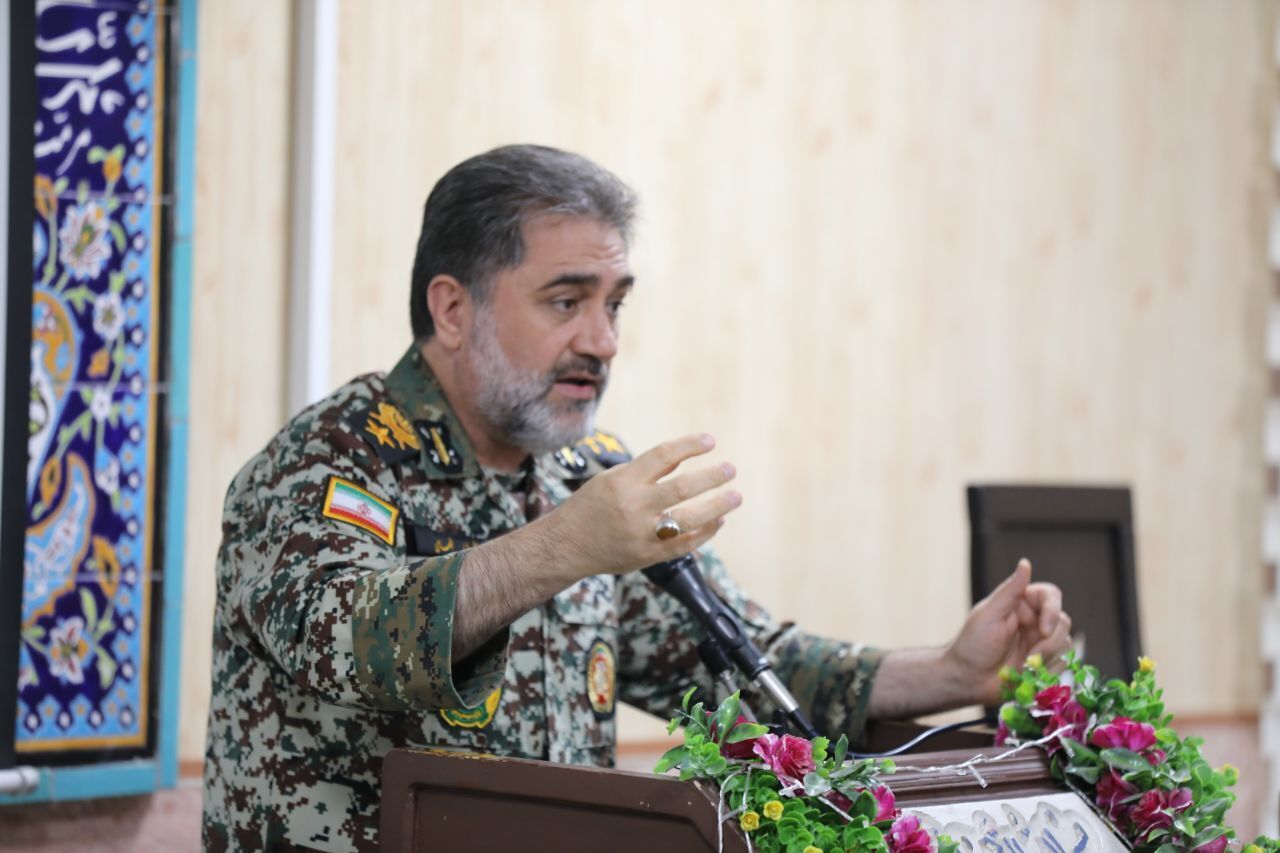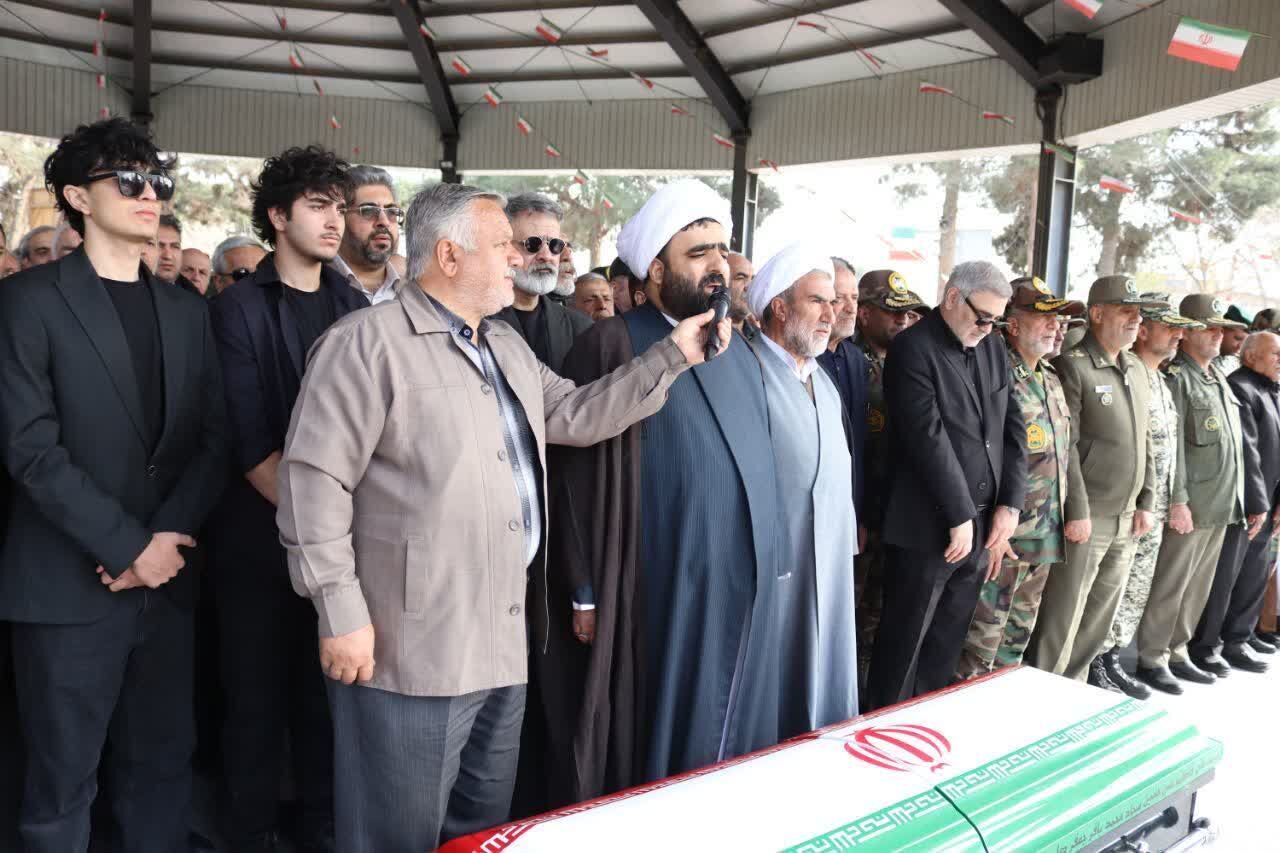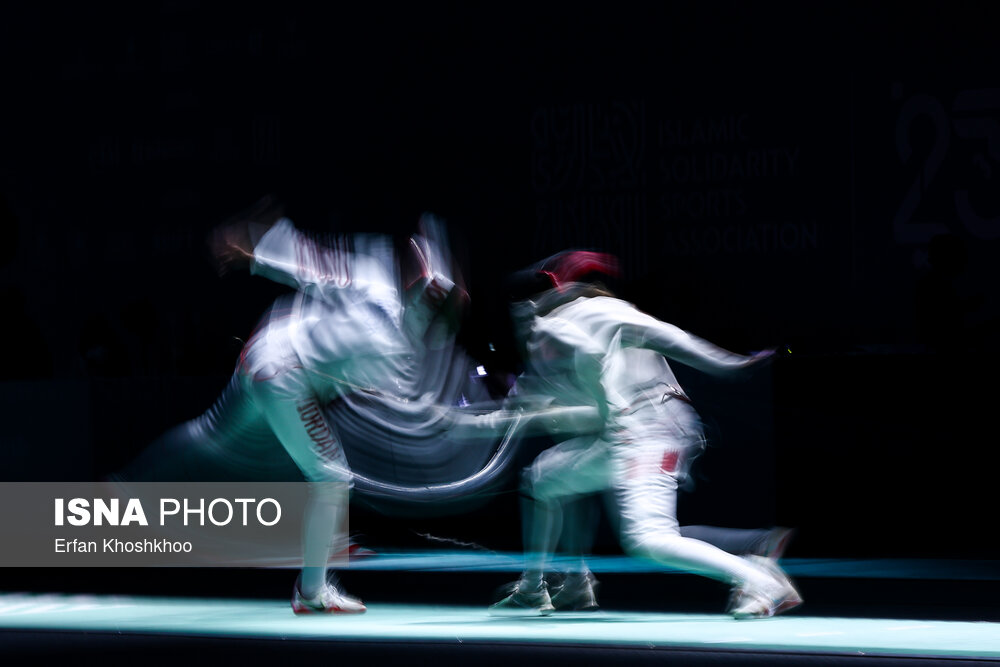Shah Rukh Khan: What it means to become a billionaire during a genocide
Shah Rukh Khan: What it means to become a billionaire during a genocide

Shah Rukh Khan's birthday will hit differently this year.
When the megastar turns 60 on Sunday, he will do so not only as the undisputed king of Bollywood, but as the richest Indian actor of all time: a billionaire.
According to the Harun India Rich List, Khan had reached billionaire status in October, becoming the first Bollywood star to join an elite club that comprises 0.00004 percent of the world's population.
As one of 358 billionaires in India, or just 0.00002 percent of its population, that is enough to be treated like a god.
And most tellingly, much of the Indian media celebrated the feat, highlighting his history of tireless efforts, unique talent, charisma and business acumen in curating a diverse portfolio that extends from real estate to sports franchises and brand endorsements, making him the man he is today.
"This achievement… crowns years of relentless hard work… his brand into a formidable wealth engine," India Today wrote.
"Shah Rukh Khan entering the billionaires club makes total sense, to both the head and the heart," the Hindustan Times argued.
Likewise, The Economic Times observed: "His journey proves that talent, hard work, and smart investments can create a lasting legacy both on-screen and off."
Few paused to consider what it means for him to become a billionaire in 2025 - in an India where inequality, scholars warned last year, was worse than it was under British colonial rule; where opportunities for the middle class had frayed and caused panic; and where those who share his identity as a Muslim face the most perilous conditions since the state's founding in 1947.
And as a corollary to that question: what role has his silence in the face of such social and political upheaval, be it in India, Gaza or Kashmir, played in elevating his wealth to new heights?
Indeed, what does it say about Khan that he became a billionaire in such times?
The story of his wealth
To understand Khan's rise, one has to consider the story of India itself since the end of the Cold War.
As the country entered the global economy, Hindu nationalism began to spiral into a new nativist story that gripped swathes of north India. As Hindu nationalists demolished the Babri Masjid, Hindi popular cinema unabashedly teamed up with international brands to direct the dreams of an aspirational India.
Shah Rukh Khan became, in many ways, the bridge between the protectionist past and the free-market future.
And it all seemed benign.
He was a Muslim man who assured the Hindu nation that there was an Indian way to be Muslim: a non-threatening, consumer-friendly Indian patriot who always put the nation first
His success in an industry built primarily on nepotism offered a story of hope for other outsiders.
Where trickle-down economics was soon identified as a sham, SRK's rise in then-Bombay allowed people to have faith in the system and the idea of India itself.
As Hindu nationalism began to march across India, the monikers of Raj and Rahul, and later Veer - the names of his most beloved on-screen heroes - helped mask not just the deep caste and religious divisions, but effectively worked to depoliticise inequality into a question of individual responsibility.
Khan was the ordinary man who made it.
It reassured the common man that he, too, could be successful, cosmopolitan, and Indian.
"His [Khan's] personal life mirrors the 'idea of India,' especially to the global audience. He's a Muslim man in a Hindu-majority country, married to a Hindu wife, but has children growing up taking up whatever religion they want to," an entertainment journalist told DW in 2023.
But what he really was - as evidenced by the films he made, too - was the Muslim man who assured the Hindu nation that there was an Indian way to be Muslim: a non-threatening, consumer-friendly Indian patriot who always put the nation first.
And whereas he is resented and reviled by the right wing, his non-assertive obedience to the nation, as well as his fondness to play the "Muslim social" - where being Muslim was reduced to fashion, culture and sophisticated manners - gave India's liberal left an opportunity to believe their adoration of him made them tolerant and progressive.
They refuse to see the kinds of demands of loyalty they have from their Muslim subjects.
By the time Hindutva emerged as the state in the form of Prime Minister Narendra Modi, hand-in-glove with large corporations, Shah Rukh Khan was already trapped by his extraordinary success.
Silence, complicity & villainy
In 2015, a year after Modi came to power and the hate began to show its face, he barely uttered a niggle of a comment about "growing intolerance" in the country. The man who supposedly had transcended class, religion, caste, language and geography was reminded that he was just an Indian Muslim, after all.
It did not take long for the reality of his predicament to become clear: his wealth was conditional on his ability to remain an acquiescent Muslim minstrel.
It was a Faustian bargain that proved rather profitable for him.
His Red Chillies Entertainment production company has continued to grow. His cricket team, Kolkata Knight Riders - co-owned with fellow actor Juhi Chawla, who has defended some of Modi's policies towards Muslims -remains among the most iconic, and profitable, in the Indian Premier League.
Although Khan did not act in any films for several years after 2015 - a period when he was said to have gone through "a rough patch", he continued to find new avenues to embed himself in almost every facet of Indian consumer life.
Today, Khan owns a sizeable share of KidZania India, an edutainment franchise that mixes education and entertainment for children.
He has investments in Meerkat, a social media app, and in MirrAR, a livestreaming platform.
His wife, Gauri Khan, also a co-owner of Red Chillies Entertainment, has investments in Recycling Systems Ltd, Subko Coffee, Oyo (a hospitality app), Chupps footwear, and several other ventures.
When it comes to endorsements, Khan remains the most sought-after face bar none. The Khan household has its footprint everywhere, from co-working spaces to financial services.
He fronts more than three dozen products, many of which are owned by companies either linked to Israel or on the boycott list for contributing to the occupation of Palestine.
These include Indian conglomerates such as Tata and Reliance, both of which have deep ties to Israel's military-industrial complex, as well as international firms like Hyundai, whose machinery is used to demolish Palestinian homes.
At one point, the tagline for Khan's Hyundai advert was: "Be the better guy".
Khan is also a brand ambassador for Castrol Oil. The automotive oil and lubricant company is owned by energy giant British Petroleum (BP), which was awarded licences by Israel in March to explore for natural gas in the Mediterranean.
It is no exaggeration to say that Khan has long ceased to be merely an actor. He is not even a brand. He is an empire.
And like many billionaires, he launders his reputation through a series of philanthropic efforts, including assisting acid-attack survivors, promoting literacy among children and supporting paediatric care.
"It would not be completely wrong to call him the Warren Buffett of the Indian Film Industry," Financial Express wrote in August.
And while fans continue to associate him with the values reflected in his characters - the common man, family duty, loyalty and love – he has quietly mined their naivety to become part of the most exploitative class ever to exist in Indian history.
Billionaire during a genocide
Muslims in India today live under the most perilous of conditions since the country's founding.
Under Modi, Indian Muslims are lynched for the most mundane suspicions; their citizenship is threatened; and their marginalisation has spread across every institution - from the judiciary to the police and the media - enough for observers and commentators to describe it as a form of apartheid.
In Indian-occupied Kashmir, Israeli tactics are deployed to divide, control and pacify Kashmiri Muslims, while new policies aim to reshape the valley's demographic balance.
As India has turned into a hellscape for Muslims, his silence has only deepened.
And while his fans or liberal interlocutors in India would point to the harassment of his son, Aryan, or narrate the supposed subtle rebellions of his recent films Pathaan and Jawan, their defence of Khan's silence is only further proof that his success depends on compliance.
Khan even won a national award for his role in Jawan. That should put to rest how "rebellious" the film really was.
And when the genocide began in Gaza, the silence only appeared to thicken.
As Israel began annihilating entire family lines as it bombed homes, hospitals and schools, and sniping at starving Palestinians at aid-distribution sites, Indian Muslims, among other activists and groups, were beaten, detained, taken and dumped outside their cities for daring to stand up for Palestine.
Others risked arrest and ridicule as they stood outside McDonald's and other American fast-food chains in several cities, bidding the public conscience to boycott products complicit in the carnage in Gaza.
Khan was nowhere to be found. In fact, he appeared to find new ways of showing that he did not care.
In May this year, as protests against the genocide reached their zenith across the western world, and artists and students poked at their universities and cultural institutions like museums and art galleries to take a stand, Khan chose instead to make his debut at the Met Gala in New York.
So while protests erupted outside the Met, Khan emerged on the red carpet, looking pale and gaunt but fully dripped out: wrapped in a black wool coat designed by Sabyasachi and adorned with layers of jewellery around his neck.
The Indian media, once more, ignored the context, grabbed onto his coattails and lauded his appearance as "historic".
Then, on Modi's birthday in September, the filial Khan posted on X: "Today, on the occasion of PM Modi's 75th birthday, I extend my best wishes to him. Your journey from a small city to the global stage has been very inspiring. Your discipline, hard work and dedication towards the country can be seen in this journey. Your energy at the age of 75 even beats young people like us. I pray that you always stay healthy and happy."
He was one of many from Bollywood to lavish praise on the prime minister.
And by October, as the world began picking up the pieces after a so-called "ceasefire" was signed on Gaza, the three Khans of Bollywood - Aamir, Salman and Shah Rukh - were in Saudi Arabia for the Joy Festival.
At the kingdom's annual event, designed to distract from its own crimes, the trio heaped praise on one another and reminisced about the past. They collectively challenged their wealthy audience of Saudi royals and elites to go where no one had dared (or could afford) before: to fund a film starring all three of them. It was yet another display of their priorities and their willingness to sell it all.
In a season of unrest and fracture, of death and destruction, Khan's wealth, then, is not surprising. It is the price of admission.
The views expressed in this article belong to the author and do not necessarily reflect the editorial policy of Middle East Eye.





